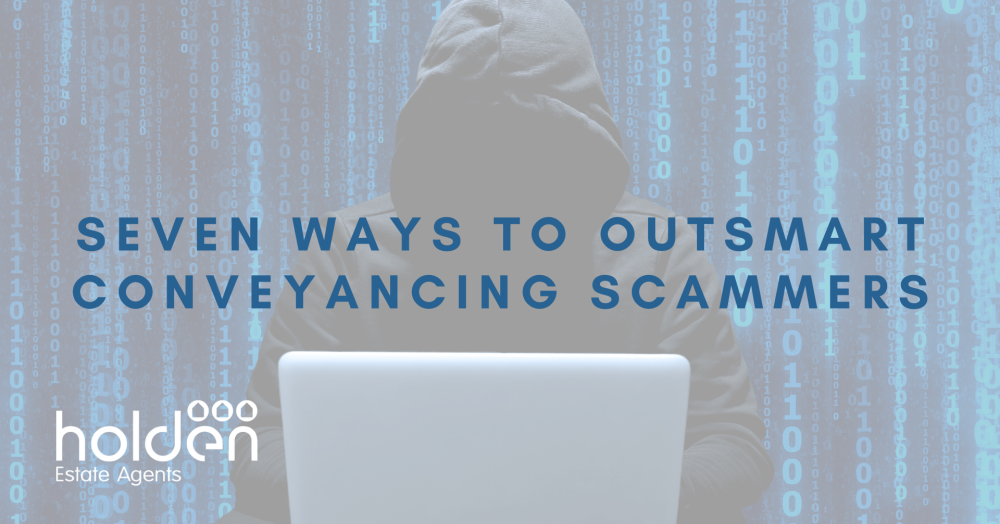Devious fraudsters are hacking the emails of buyers and sellers, sometimes with devastating consequences. A two-minute read.
Hackers and cyber fraudsters went to town in the UK last year, swindling £1.3 billion in just six months – a three-fold increase on the same period the previous year.*
Gangs used all sorts of underhand tactics to separate people from their cash, one of the most ruthless being conveyancing fraud (also known as payment diversion fraud or Friday fraud).
This type of ruse is becoming increasingly common and, due to the large sums of money involved, concerning. In one recent case, a homebuyer sent £640,000 to a fraudster. (Imagine how devastating it would be to discover you’ve sent your life savings to a heartless crook?)
What is conveyancing fraud?
Scammers hack into the accounts of buyers and sellers (and their relevant conveyancing/legal representatives) and follow the correspondence. They wait until the sale is nearing completion, then strike.
The fraudsters send the buyer an email (usually it looks almost identical to the conveyancer’s emails) asking them to deposit the funds in a different bank account.
They may also phone or text the buyer to hurry proceedings along (scammers often strike on a Friday so that they have the weekend to cover their tracks and avoid detection).
While buyers are the key target in conveyancing fraud, the whole business is unpleasant for all involved. If you’re a seller, you don’t want your property sale to get bogged down in a messy fraud investigation.
How to stay safe
- Read all correspondence carefully and look for changes in tone, awkward grammar, a new phone number or name.
- Be suspicious of any change in bank details. Call (don’t use the number listed on the suspect email) to check the authenticity of the message or pay a personal visit before you act.
- Remember: a hacker’s emails can be persuasive and feature the same logo, fonts, and layout as those of the legitimate conveyancer.
- Avoid reviewing emails using unprotected public WiFi systems.
- Don’t be afraid to push back if someone pressures you to act quickly.
- Work with an experienced estate agent who understands the property process and is more likely to notice suspicious activity.
For more tips on buying and selling property safely, contact us today. We can also recommend good, local conveyancers.
*Source: National Fraud Intelligence Bureau
